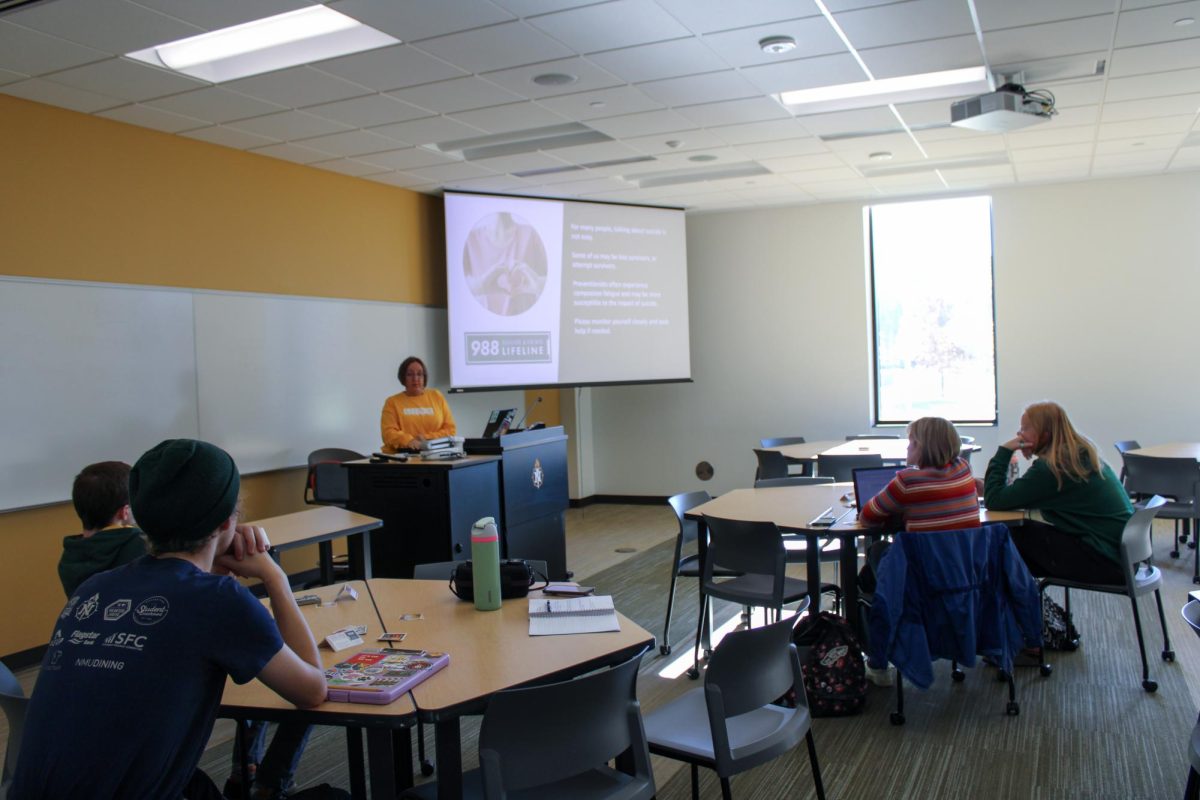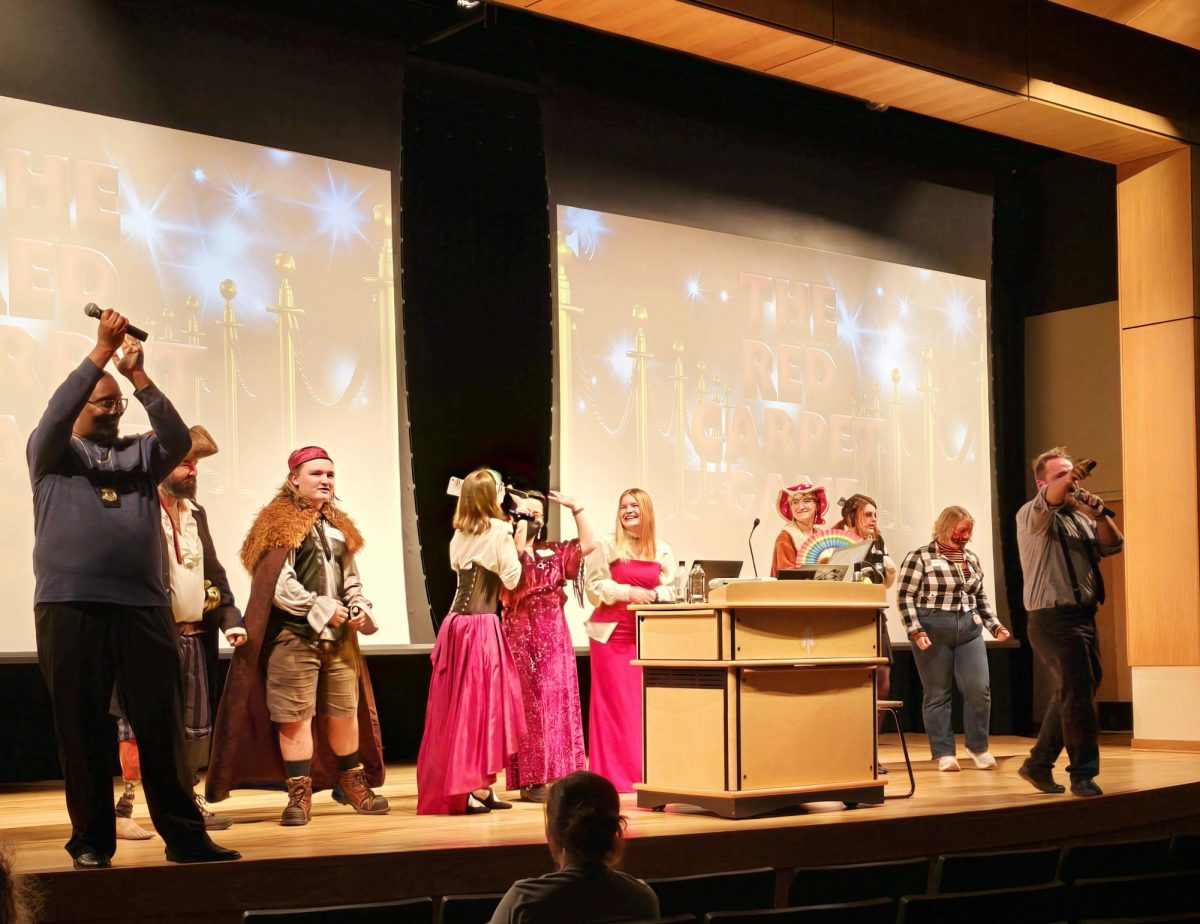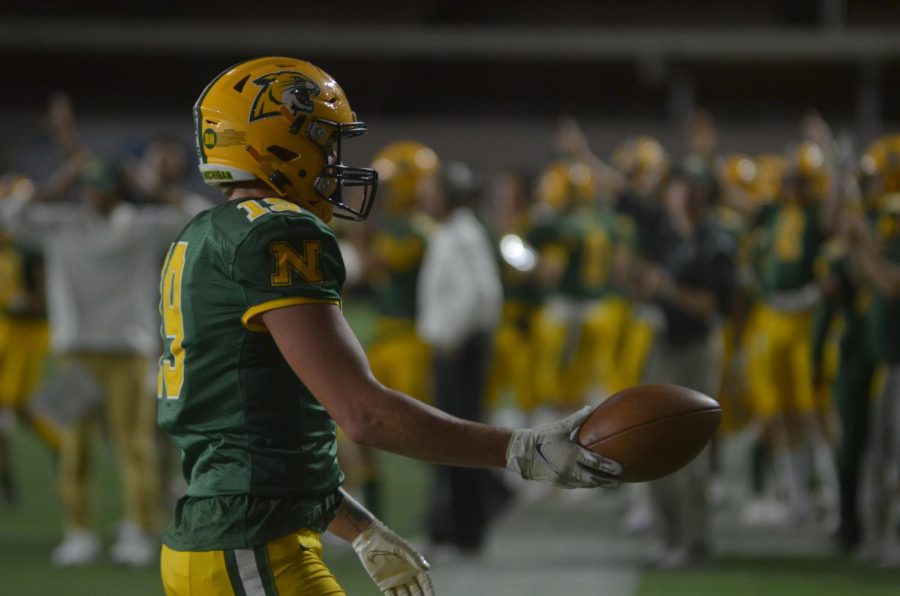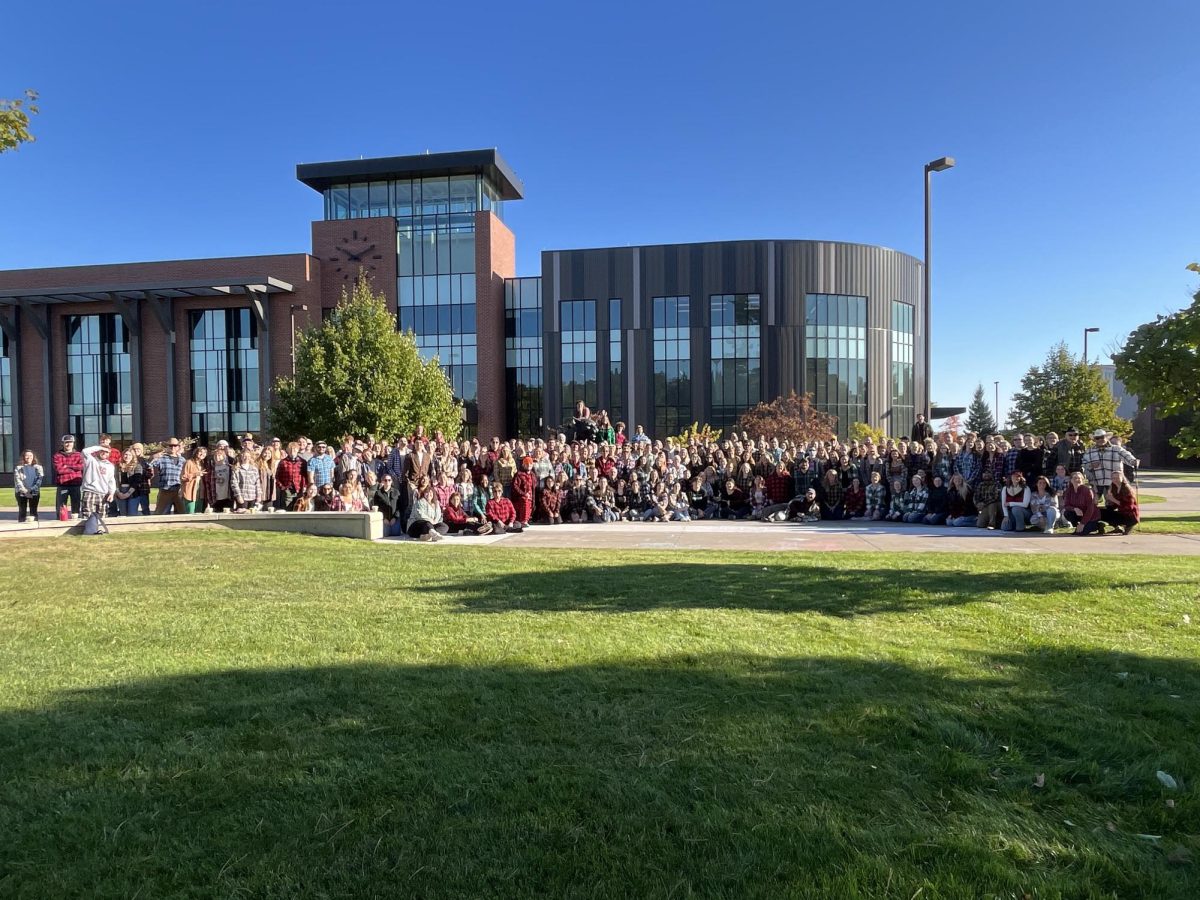Quentin Tarantino’s newest film, “Django Unchained,” has been received amidst an air of controversy.
Spike Lee famously declared he was boycotting the movie because it was offensive to his ancestors. Others are critical of the fact that the N-word is uttered 110 times. As a Tarantino fan, it was a film I had to see.
The plot structure is similar to that of “Inglourious Basterds,” where a historically oppressed, brutalized group is given the power to seek revenge against their oppressors.
In the case of “Django Unchained,” Django (Jamie Foxx) starts the movie as a slave who, with the help of Dr. King Shultz (Christoph Waltz), is freed and taken into the bounty hunting business in 1858.
The first half of the movie follows the two through a series of bounty-hunting adventures where Django cultivates his freedom, as well as his bounty-hunting skills.
Tarantino creates Django’s character like that of any spaghetti-western hero: a stoic man bent on justice, completely unfazed by grotesque violence.
Tarantino does a terrific job of tantalizing his audience with a mixture of serious and comedic scenes, ranging from Django’s desire to rescue his wife, Broomhilda (Kerry Washington), from slavery, to a realization by white supremacists that their hoods compromise their ability to see.
The blood-soaked cinematics lead Django and Shultz to the whereabouts of Broomhilda in Mississippi, and this is where the film starts to falter.
The plot becomes less about rescuing Django’s wife, and more so a grandiose artistic statement on slavery: the repulsiveness of that institution.
The movie moves so far towards this aim that Broomhilda’s character becomes somewhat of a footnote. She is there physically, but the audience gets no real sense of her throughout the second half of the movie.
Since Broomhilda is such an integral part of the storyline, it is perplexing that Tarantino would not round her out; instead, she is a flat character who exists only so Django can save her.
And this is where Tarantino leaves the realm of reality behind and takes his audience on a journey to Candie-Land, where Calvin Candie (Leonardo DeCaprio) and Stephen (Samuel Jackson) make their appearance.
Calvin Candie and Stephen are the antipode to Dr. Shultz and Django. Candie is depicted as a twisted, totalitarian master who, with the help of his Uncle Tom house slave Stephen, creates an aura of fear about his estate.
Candie-Land proves a dangerous game for Dr. Shultz and Django, who must pretend to be something they are not.
Though the movie is visually striking, the scenes both brutal and beautiful, one cannot help but notice the absence of realism that was present in the first half of the movie — history truly becomes fiction at this point in the film.
Above all else, it appears that Tarantino has made a grave error in his depiction of Django: he is depicted as an angry black man bent on vengeance against any whites who come in his path.
This angry-black-man syndrome seems to be symptomatic of Tarantino’s films. Looking back over his career, one notices the role Samuel Jackson plays in his films.
In “Pulp Fiction,” Jackson plays Jules Winnfield, an inconsolably-angry assassin; in “Jackie Brown,” he plays Ordell Robbie, a ruthless gun-runner; and in “Django Unchained,” Stephen, a merciless house slave who reserves his anger for fellow slaves, all of whom are depicted as bellow Stephen.
The only black character who plays a prominent role in Tarantino’s films and isn’t depicted as a criminal in a scheme or an angry black man is Jacky Ido’s character, Marcel, from “Inglourious Basterds,” who is completely subservient to Shosanna.
Though “Django” is aesthetically pleasing, right down to the Southern gentlemen’s rotted teeth, and the acting is superb, it’s the underlying aspects of the movie that take away from the exquisite modern-adaptation of the spaghetti western.
The real drawback is Tarantino’s Django, a simplified view of a freed man seen through the lens of a director whose ardent love of Blaxploitation films and B-movies has hindered the main character’s development, seemingly just so that Django can fit into the spaghetti-western framework.
In the end, Django is a freedman with the philosophy of a Black Panther, which has proven a creation of anathema among some critics of the film, this one included.























